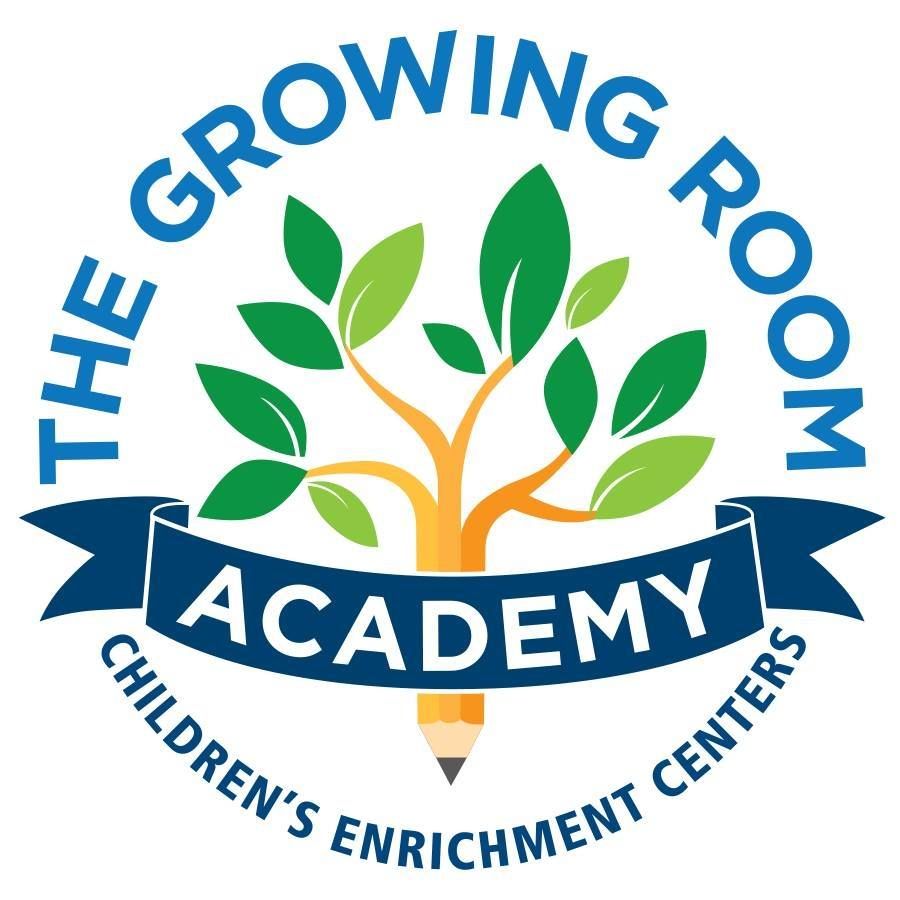We have all heard the refrain that our obligation as a society is to leave behind a better world for our children. In a world that will be inherited by our children, it would seem that the best way to ensure a better, healthier planet is to equip today’s youth with the knowledge and leadership skills to meet tomorrow’s environmental challenges. This requires parents taking an active role in educating the next generation. Our commitment to providing children with an environmental education will help them become environmental citizens that will be the thought leaders of tomorrow. Nurturing a respect for nature and all living things is an imperative that parents can convey to their children. Parents can do this by supporting and encouraging attitudes at home and at school that emphasize the importance of environmental education.
Break the Indoor Habit: Reconnect Children with Nature
Society is in the midst of one of the most profound paradigm shifts in history. Technological advances are changing the way we live. This societal shift is leading to more screen time for children. As a consequence, today’s generation of children is the first to grow up indoors. Children must first experience nature on their own terms before they can be asked to consider and address our more complex environmental issues. Parents can help by encouraging their children to spend time outdoors. Children need the opportunity to develop a personal connection with nature. This means hands-on learning, which encourages gentle observation. Walks around the neighborhood, trips to nearby forests or parks, day trips to the beach or mountains all provide opportunities for discovery that generate curiosity and passion. Discovery is the precursor to environmental literacy and advocacy for our children.
Encourage Academic Study
Helping children correlate school subjects with environmental interests is a great tool to help children “connect the dots” between classroom study and their outdoor experiences. Math and Science provides a means to problem solving and information gathering, while social studies can serve as a model for civic action. The combination of academic and practical knowledge sets a strong foundation for future environmental or conservation studies.
What More can Parents do?
When it comes to environmental education there is much parents can do to promote responsible environmental citizenry. Parents are the single-most influential influence in a child’s life; the role of parents as educators, role models, and mentors is of paramount importance. As society becomes more aware of the self-inflicted dangers that it has imposed upon the planet, the need for parents to teach children about environmental stewardship grows evermore important. These teaching opportunities can also encourage parents to reflect upon the manner in which they are positively or negatively contributing to their family’s view of environmental protection and conservancy.
Parents as Educators
Parents must “walk the walk” when it comes to environmental stewardship. Children learn more by what we do than what we say. It is important that parents model environmental stewardship in day-to-day activities. It is one thing to discuss the importance of compostable goods and recycling with children; it is quite another when children actually observe these products and actions in their own homes. Again, the focus is on experiencing rather than teaching.
Parents as Facilitators
What does environmental advocacy look and feel like? Parents can help children understand what environmental citizenship really means. Young children may have difficulty comprehending global environmental concerns, but they can think and take action on a local level. Parents can facilitate this by providing opportunities that teach children to be responsible and engaged environmental citizens. Seek out local opportunities for children to become involved in their communities in meaningful ways. Mt. Diablo Recycling conducts tours for all ages, KIDS for the Bay offers action projects, field trips, and camps. Local city Earth Day activities and tree planting events are a great opportunity for children to become involved in their communities.
Parents as Co-Learners
Environmental education equates to lifelong learning. Science and technology expand our knowledge with each passing year. Parents learning along side children provide additional opportunities for modeling environmental stewardship. This is where parents can utilize the Internet to their advantage, exploring videos and websites that bring new and exciting information to light.
Growing a Green Work Force
The culmination of environmental education and advocacy is the raising up of a new generation of a highly literate green work force. Every industry, from manufacturing to information technology requires environmentally minded thought leaders at their helm. This also includes health and engineering fields, in addition to other sectors traditionally associated with environmental concerns. Higher education is responding to the demand, both by enthusiastic students and industry leaders, by increasing the number of programs available to students. Majors such as Sustainability, Environmental Engineering, Natural Resources and Conservation, Ecology, Sustainable Agriculture, and Environmental Studies are on the increase.
Recent studies indicate that today’s college graduate’s educational goals are closely aligned with “making a difference in the world.” Environmental Education is one way that they are accomplishing these goals. And, with the encouragement of positive role models in their own homes the trend is bound to continue.


